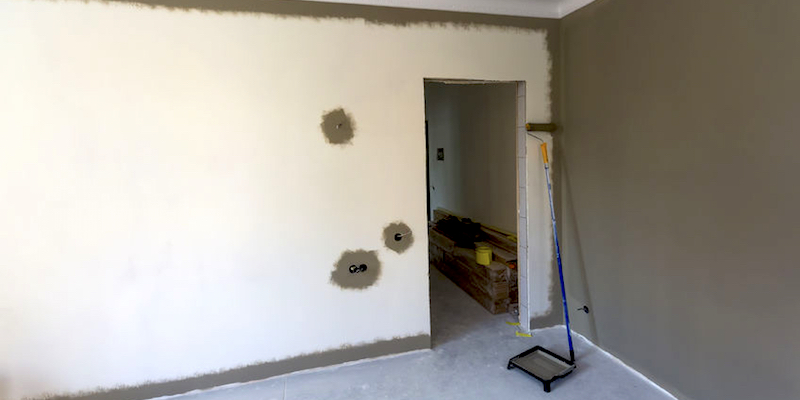Sellers will add new coats of paint, bake cookies to masks scents, and stage furniture to hide damage before showing to potential buyers. Beware of these and other staging tricks when you’re in the market for a new house in New Orleans.
The devil is in the details, so learn from others’ mistakes. Here are the things you should pay close attention to when viewing a home in New Orleans.
Some home buyers fall into the trap of focusing so much on the big picture, such as affordable pricing and prime locations, that they overlook smaller issues that are indicative of bigger underlying problems. Some things, like the color of the walls, are a paint job away from a complete turnaround; others, however small, could mean costly repairs down the line, or even having to live with things that are irreparable.
Here are the top five concerns plus a checklist of things not to overlook, as they could have a significant impact on your quality of life (and your wallet).
1. Is (or Was) There Water Damage?
These are some of the signs of damp and leaks:
- Peeling wallpaper
- Stains on walls and ceilings
- Musty smell
- Condensation on windows
Check the following for signs of rot:
- Floorboards (under rugs and mats, too)
- Doorsteps
- Windowsills
- Window frames
Ask if the house had flooded in the past. If it flooded once, it could happen again, especially in an area where the drainage pumps had been failing. Are there drains outside? What condition are they in?
2. Is the Building Structurally Sound?
Does the house have “good bones”? Is anything wrong with the foundation? Look for:
- Cracks in walls and ceilings (hairline cracks are normal, but anything larger could spell trouble)
- Cracks in bricks outside
- Warped walls
- Signs of termites
3. How Old Is the Roof?
Has the roof been repaired or replaced since the home’s construction? Are there any missing tiles? The typical lifespan of a roof is about 20 years, and the average replacement cost runs in the five-figure ballpark.
4. Are the Sewer and Septic Systems in Order?
Hopefully, this isn’t something that will come up often, but it’s the homeowners, not the city, that must cover damages should something go wrong with the sewage or septic systems (through the homeowners’ insurance, for example). A sewer inspection may be a good idea since it’s typically not part of a regular home inspection.
5. How Much Storage Space Is There?
In a city where closet space is historically limited, in-home storage space matters. Look in the cupboards, closets, cabinets, and drawers to get an idea how big and wide they are, and to ensure you haven’t missed any rooms and storage areas “hiding” behind those closed doors. How much storage space is there, and is there room for more?
And here’s the checklist of things that are also important to keep at the forefront during the viewing, and ask the seller about:
- What condition is the plumbing in? Check the water pressure by turning on taps in the kitchen and bathrooms; flush the toilet.
- Are there enough power outlets? How well do they work? Do they look outdated?
- How old is the wiring? With all the old houses in New Orleans, outdated electrical systems and wiring can pose a safety risk and are difficult to insulate.
- Is there cell phone reception inside the house?
- When was the boiler last checked or repaired/replaced? Check the boiler and the radiators.
- Which way does the house face? Your future garden will thank you.
- Does the fireplace work? What condition is the chimney in?
- What’s the attic like? Can you access it? Can it be used for storage? Is it insulated? Can it be converted into rooms? Are there signs that critters may be living there? New Orleans attics are notoriously popular with the local wildlife.
- Is the property adequately sound-proofed? Can you hear your neighbors? People in the next room? Ask your next-door neighbor to turn on the TV or radio to hear how well the sound carries throughout the house.
It’s also easy to get distracted by the sellers’ staging tricks, like tasteful decorations, good smells, or strategic furniture placing to mask flaws and increase the house’s appeal. That’s why you may want to enlist the help an experienced real estate expert who can walk you through the finer details of a home viewing, helping you detect potential red flags and evaluate potential repairs.
